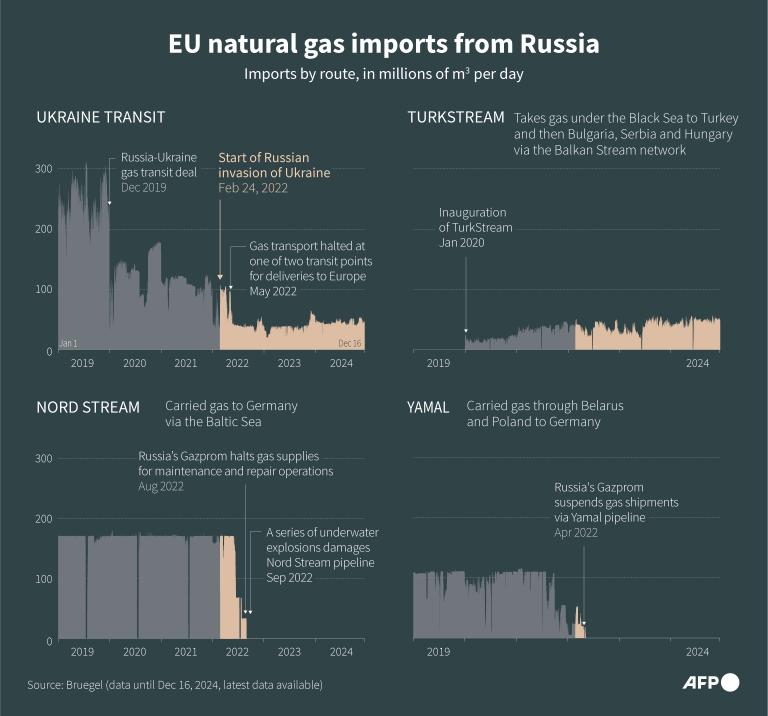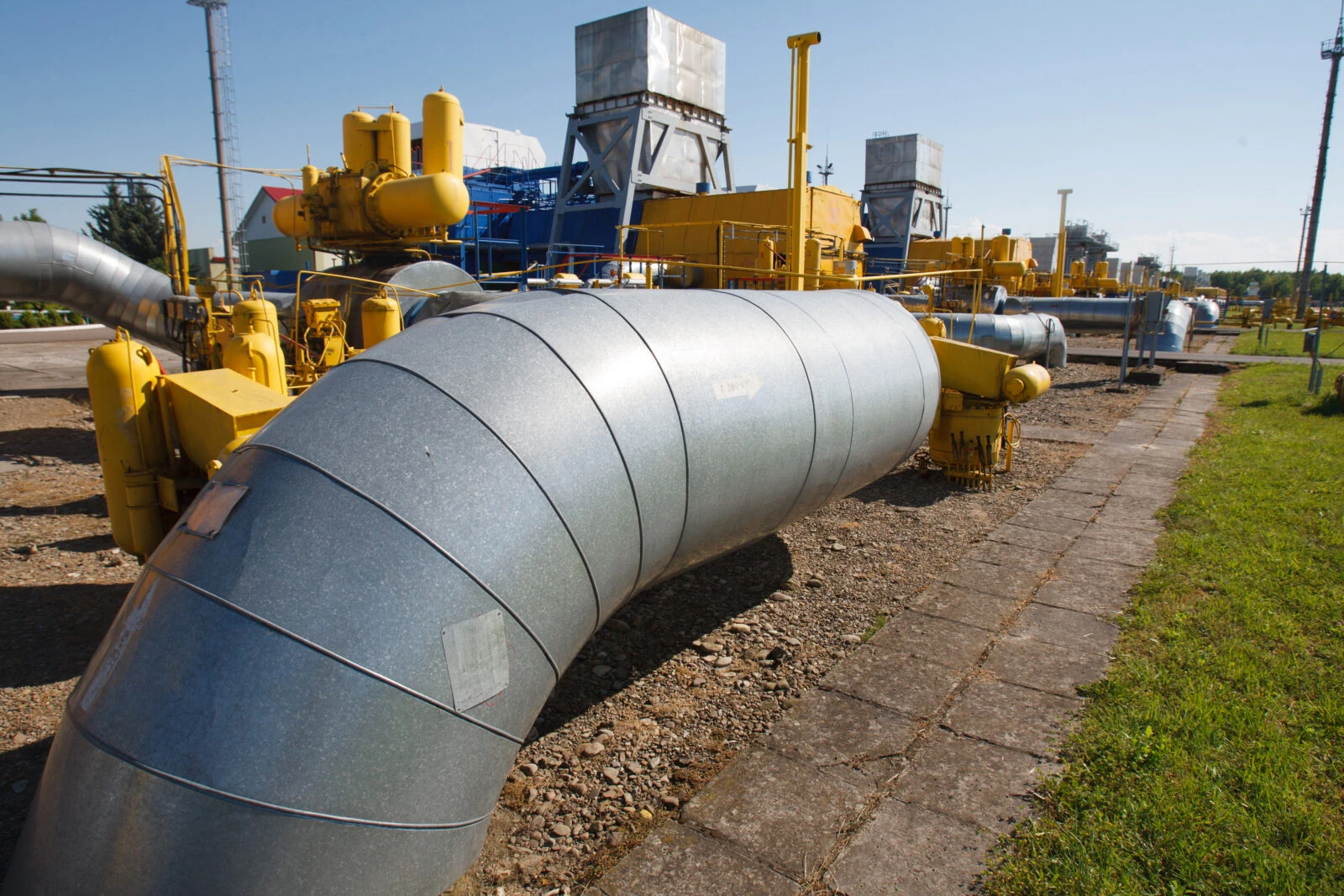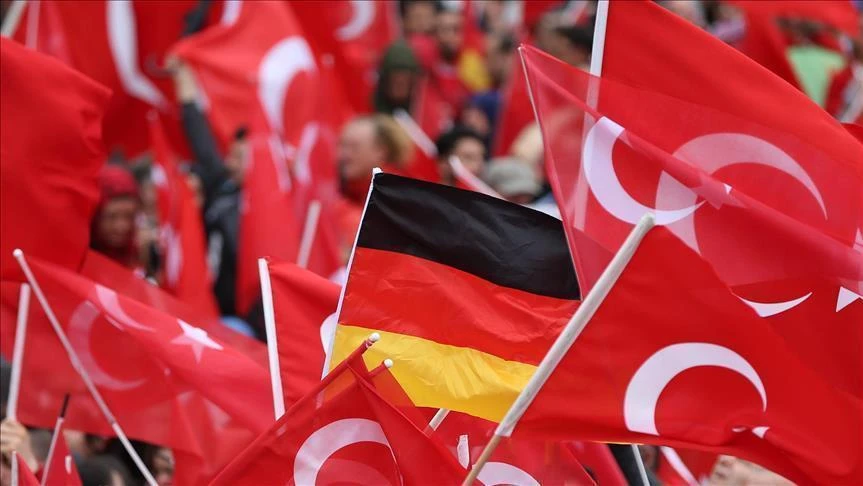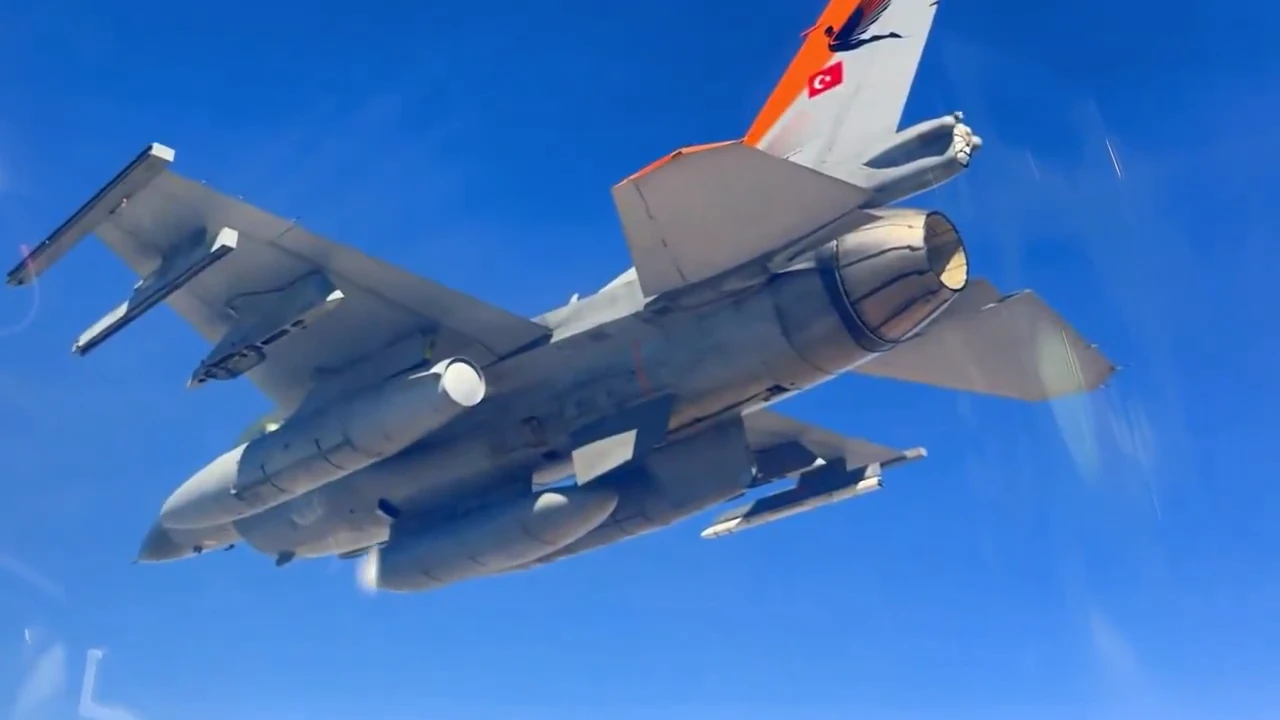Russian gas flows to Europe set to halt on January 1 as transit deal expires
 This picture shows equipment from the border release and compressor station of the gas pipeline from Ukraine in Veľke Kapusany, eastern Slovakia, September 2, 2014 (AFP Photo)
This picture shows equipment from the border release and compressor station of the gas pipeline from Ukraine in Veľke Kapusany, eastern Slovakia, September 2, 2014 (AFP Photo)
Russian gas is not scheduled to flow via Ukraine to Europe on January 1, as a key transit deal between Moscow and Kyiv nears its expiration, data from Ukraine’s gas pipeline operator showed Tuesday.
Ukraine has allowed Russia to transport gas to Europe via its territory under a five-year deal signed in 2019. However, Ukrainian President Volodymyr Zelenskyy has ruled out extending the agreement amid Russia’s invasion. The deal will expire early on Wednesday.
Data from Ukrainian operator OGTSU revealed that deliveries via the only entry point for Russian gas into Ukraine will drop to zero as of January 1, 2025.

Gas prices rise above €50 in Europe
Meanwhile, European natural gas prices rose above 50 euros ($51.78) per megawatt-hour on Tuesday, reaching their highest level in over a year, as buyers in Eastern Europe prepared for the halt in supplies.
Russian gas accounted for less than 10 percent of the European Union’s gas imports in 2023, but some EU members remain heavily dependent on it due to geographical and political factors.
EU and NATO members Hungary and Slovakia have maintained close ties with the Kremlin despite the invasion.

Delays in natural gas imports push prices higher
The stoppage of Russian gas through Ukraine will prompt countries to tap deeper into reserves and seek more liquefied natural gas (LNG) imports. Colder weather, combined with weak winds and overcast skies hindering renewable energy production, has forced countries to rely more on natural gas reserves than in previous years.
EU nations currently have their gas storage facilities 73 percent full, considerably below last year’s 86 percent at this time, according to the Aggregated Gas Storage Inventory (AGSI) platform.
A colder-than-expected winter or delays in LNG projects could push prices higher in the coming months, potentially nearing 60 euros per megawatt-hour, said Capital.com analyst Daniela Sabin Hathorn.



